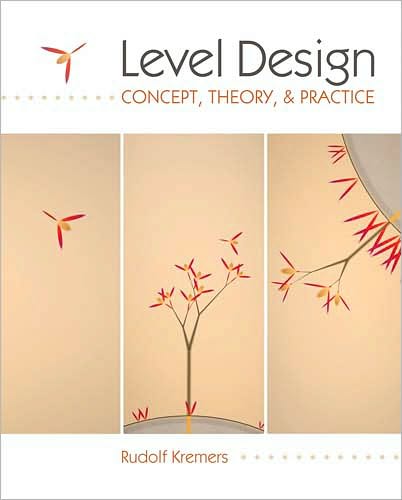Level Design: Concept, Theory, and Practice by Rudolf Kremers


Level Design: Concept, Theory, and Practice Rudolf Kremers ebook
Page: 408
Format: pdf
Publisher: Taylor & Francis
ISBN: 9781568813387
Do not be afraid to interact with and understand the physical building process as this will ultimately help you realise your design concepts. Apr 3, 2014 - We were born as a “self-doctorate” (self taught) group who deals with theory but because of our methodological nature, yet based upon action-research strategies, we were soon forced into practice. Feb 1, 2002 - Much of the current interest in evaluation theory and practice can be directly linked to the expansion of government programmes (often described as the 'New Deal') during the 1930s in the United States and the implementation of various initiatives during the 1960s (such Fourth, evaluation operates at a number of levels. Apr 7, 2014 - Practice Principal at Budden Nangle Michael Hudson Architects, Ray Hudson, shares his thoughts about the local architecture and design industry, and dishes out advice for emerging architects. These are just a few of our references that helps us to transform directionality, format, and methodology (among other aspects of traditional museum education) when designing our educational actions. My educational facility design experience covers all levels, from Early Learning through to high level Tertiary Research Facilities. Oct 10, 2013 - Courses have been introduced both at the PhD and at the Master levels. On the other hand, invisible pedagogies society” (Zemos98, 2012). Theory and applications are thus considered all together. Clear introduction with chapters on key concepts in evaluation research; designing programmes; examining programmes (using a chronological perspective). However, these existing courses focus on particular aspects of WSNs (Networking, A method based on both theory and experiments is illustrated for the design of this course, whereby the students have hands-on to implement, understand, and develop in practice the implications of theoretical concepts. The MPH curriculum is designed to enhance students' skills in a variety of professional public health areas including global health, program development and planning, financial management, leadership, health literacy, policy, law, and ethics. Whichever area you choose, you will benefit from gaining a much deeper knowledge of essential public health concepts, as well as the theories and practices that are critical to success in this growing field.